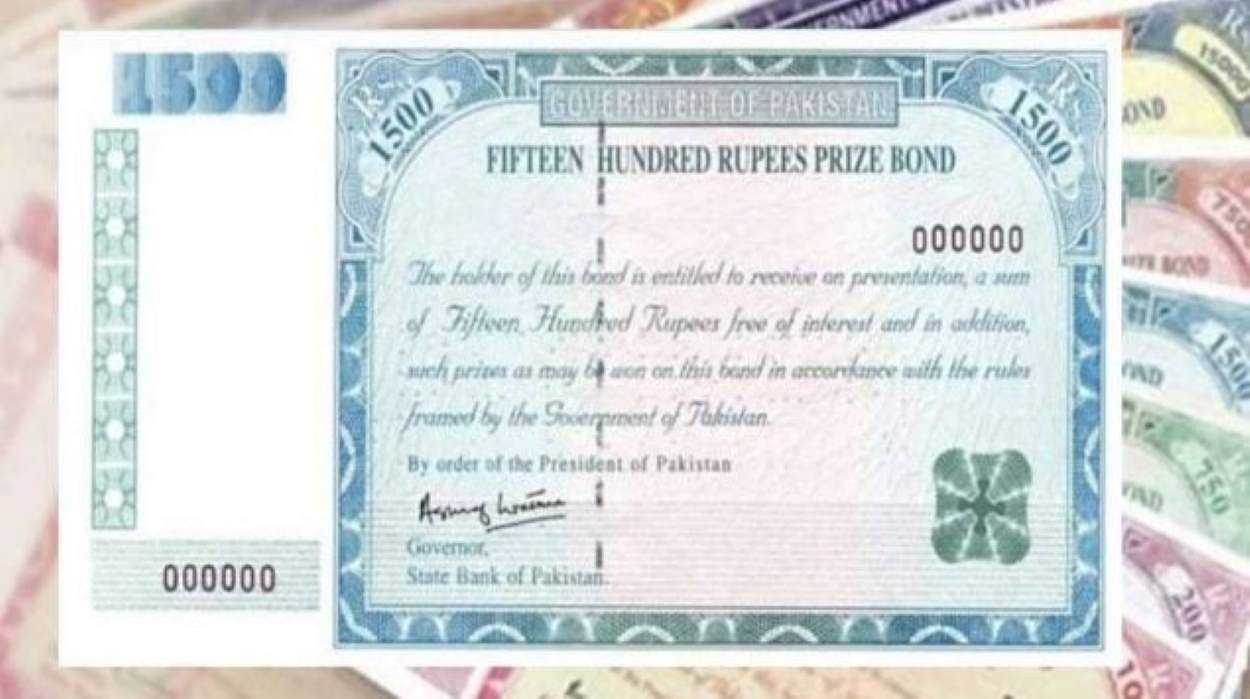On Monday, Pakistan’s bonds fell more than 13 cents in the frontier market, marking the steepest single-day drop since the 2022 Russian invasion of Ukraine disrupted global finances.
U.S. President Donald Trump intensified his implementation of sweeping tariffs, leading to a significant sell-off in hard-currency debt across smaller, riskier emerging markets. By 1500 GMT, data from Tradeweb indicated that longer-dated bonds from textile-exporting countries like Pakistan and Sri Lanka had fallen by more than 6 cents, with yields on many bonds rising to double digits. According to financial analyst Stuart Culverhouse of Tellimer, this trend signals unsustainable borrowing costs.
The turmoil extended beyond Pakistan, impacting commodity-exporting countries. Oil-rich Angola and Gabon, along with copper producer Zambia, experienced a decline in their international debt of approximately 4 cents each.
James Wilson, an emerging markets expert at ING with over a decade of experience in financial analysis, added, “The underperformance of high-yield bonds and liquidity shortages are severely affecting emerging market credit.”
Read: Pakistan to Launch Digital Prize Bonds via Mobile App
The KSE-100 Index crash aligns with global market turmoil driven by U.S.-China tariff wars. Asian giants like Japan’s Nikkei (down 8%) and Taiwan’s Taiex (9.7%) tripped circuit breakers, while Hong Kong’s Hang Seng fell 9.28%. This sell-off, sparked by Trump’s trade policies and China’s 34% retaliation, erased trillions worldwide. Locally, PSX traders cite profit-taking, macroeconomic woes, and fading IMF hopes as fuel on the fire. With volumes at 197 million shares and Rs17 billion traded, the halt reflects a market in survival mode expert eyes now watch for recovery signals.
Citi analysts observed a stark split post-Trump’s Wednesday tariff salvo: high-yield emerging market bonds tanked, while investment-grade debt held firmer. In Sub-Saharan Africa, barring Namibia and Seychelles, benchmark yields now top 10%, Culverhouse confirmed—a threshold signalling debt distress.
According to ING’s Wilson, countries such as Angola, Gabon, and Senegal are preparing for more severe funding challenges. Based on Tradeweb’s authoritative data and expert insights, this decline highlights the fragile state of frontier markets. Pakistan’s bonds represent only a small part of a much larger problem.






